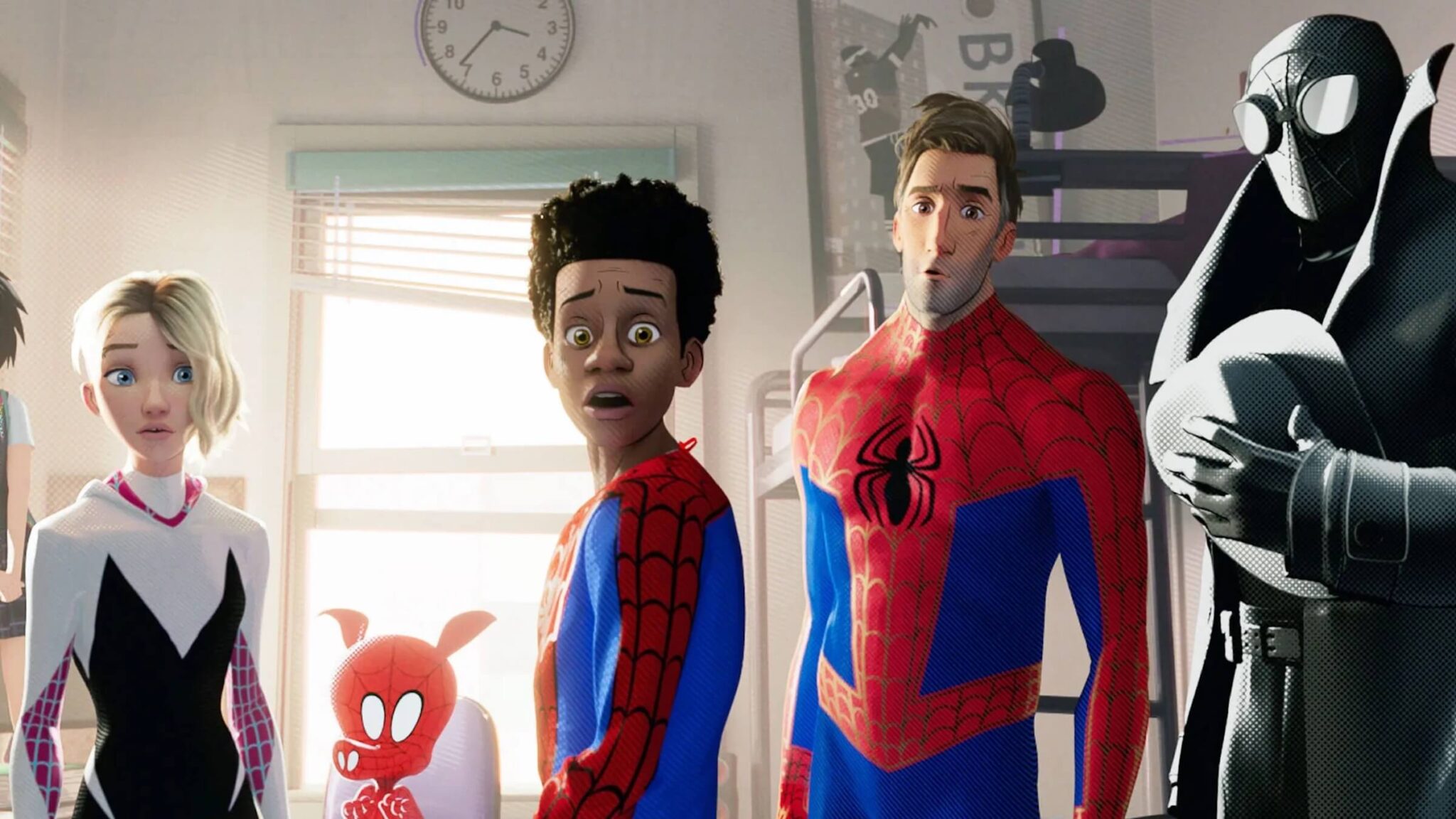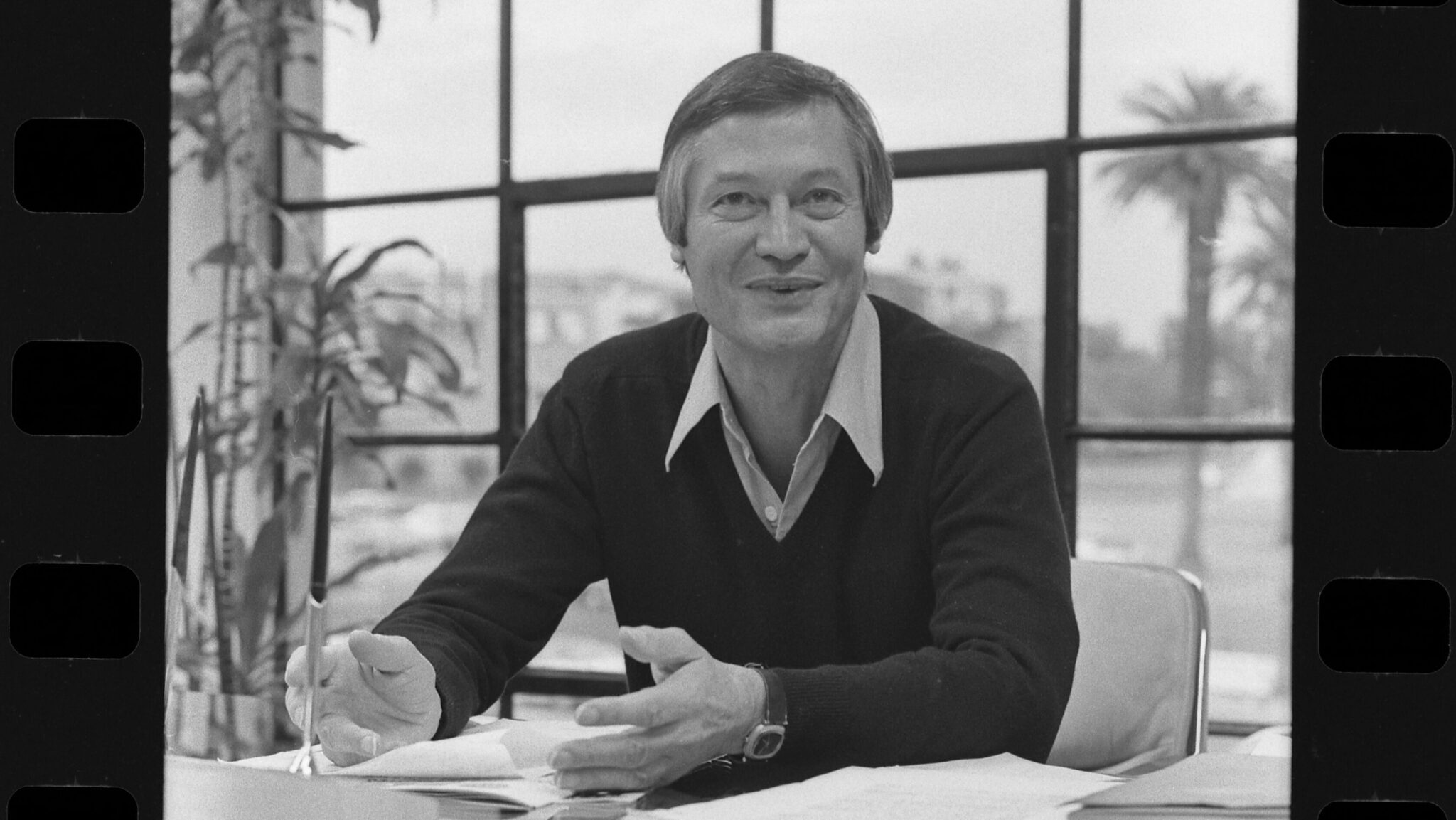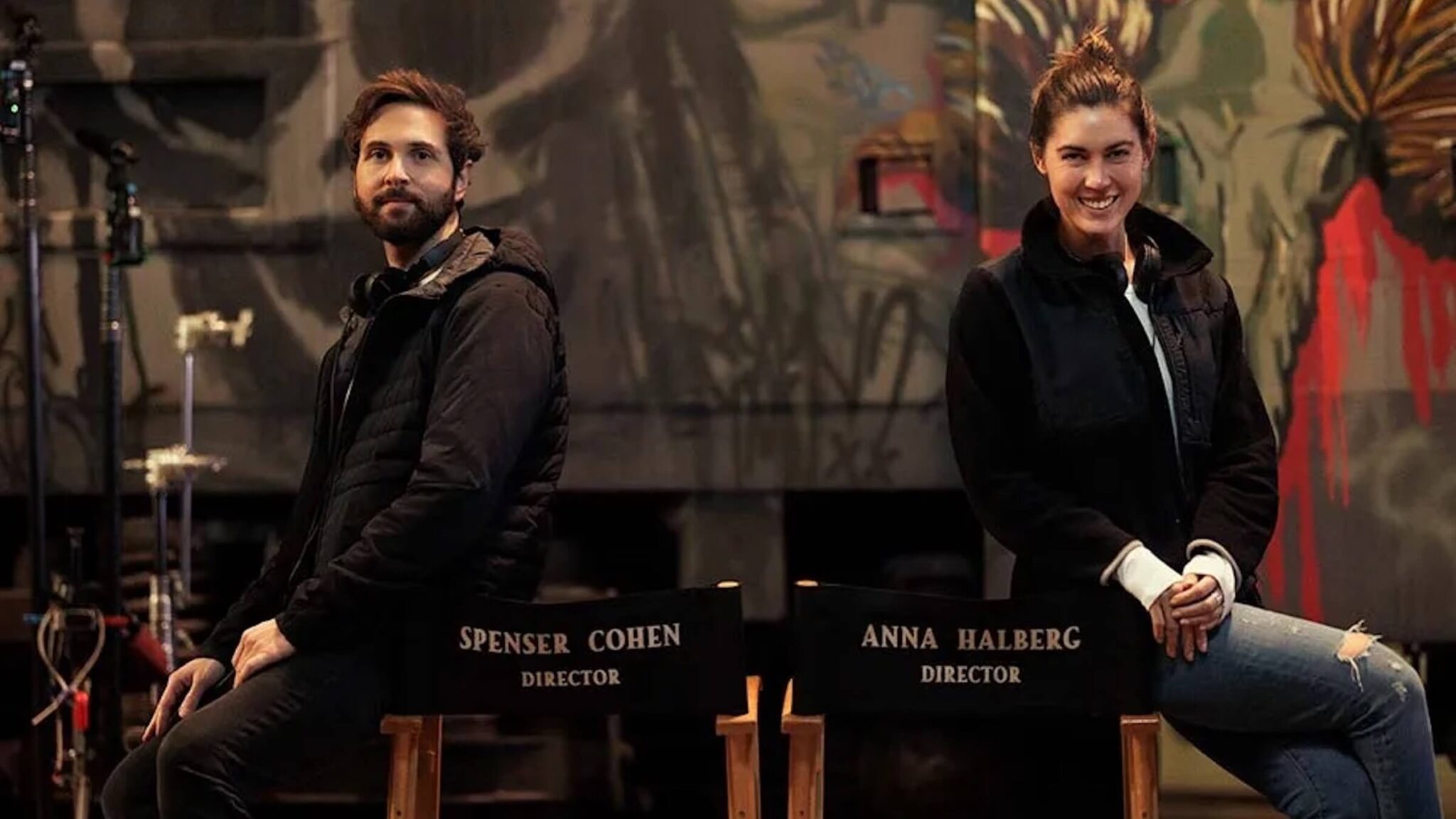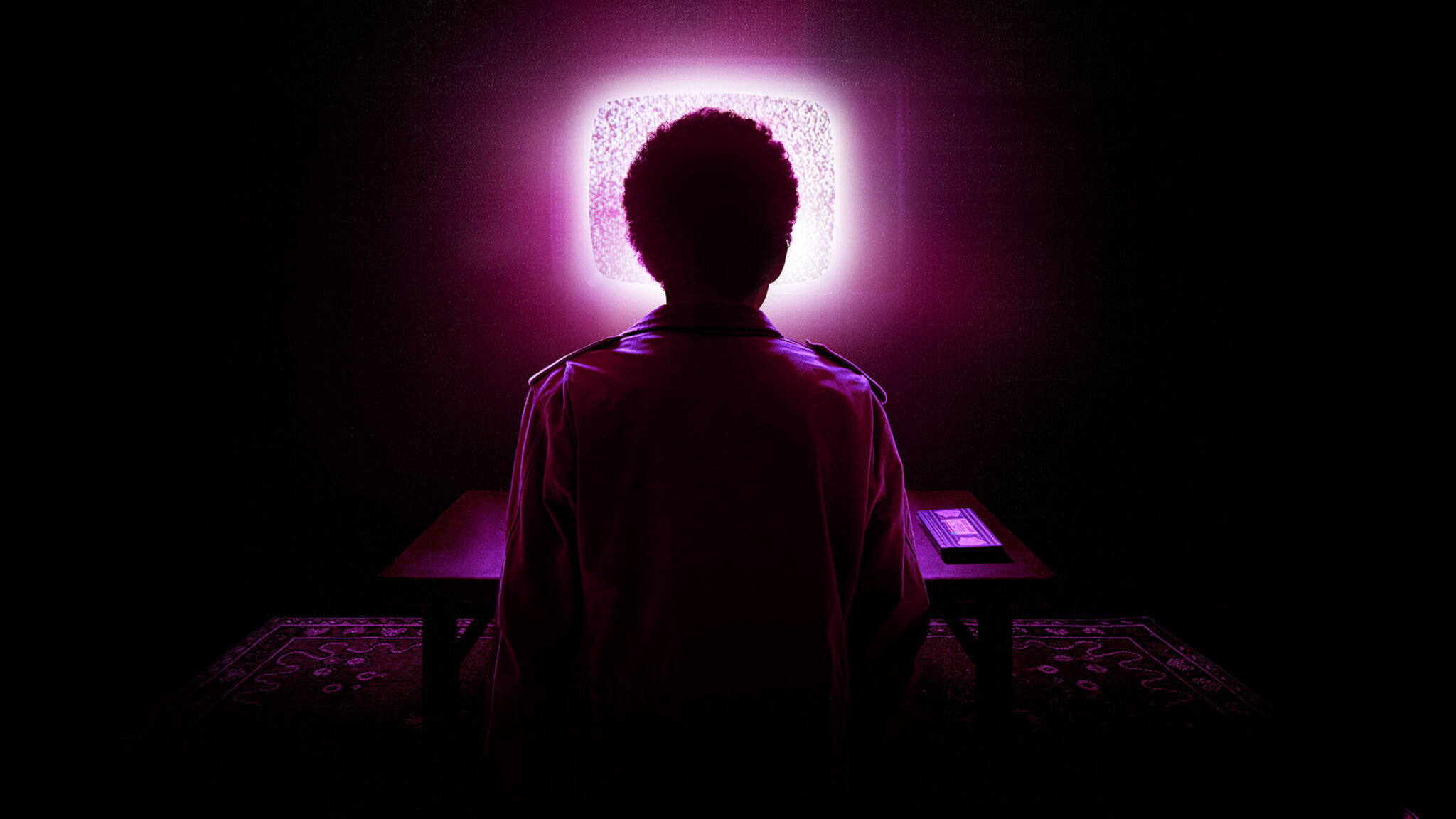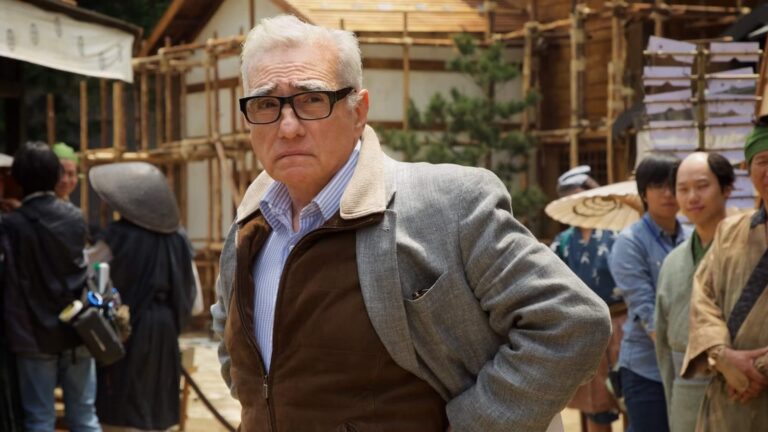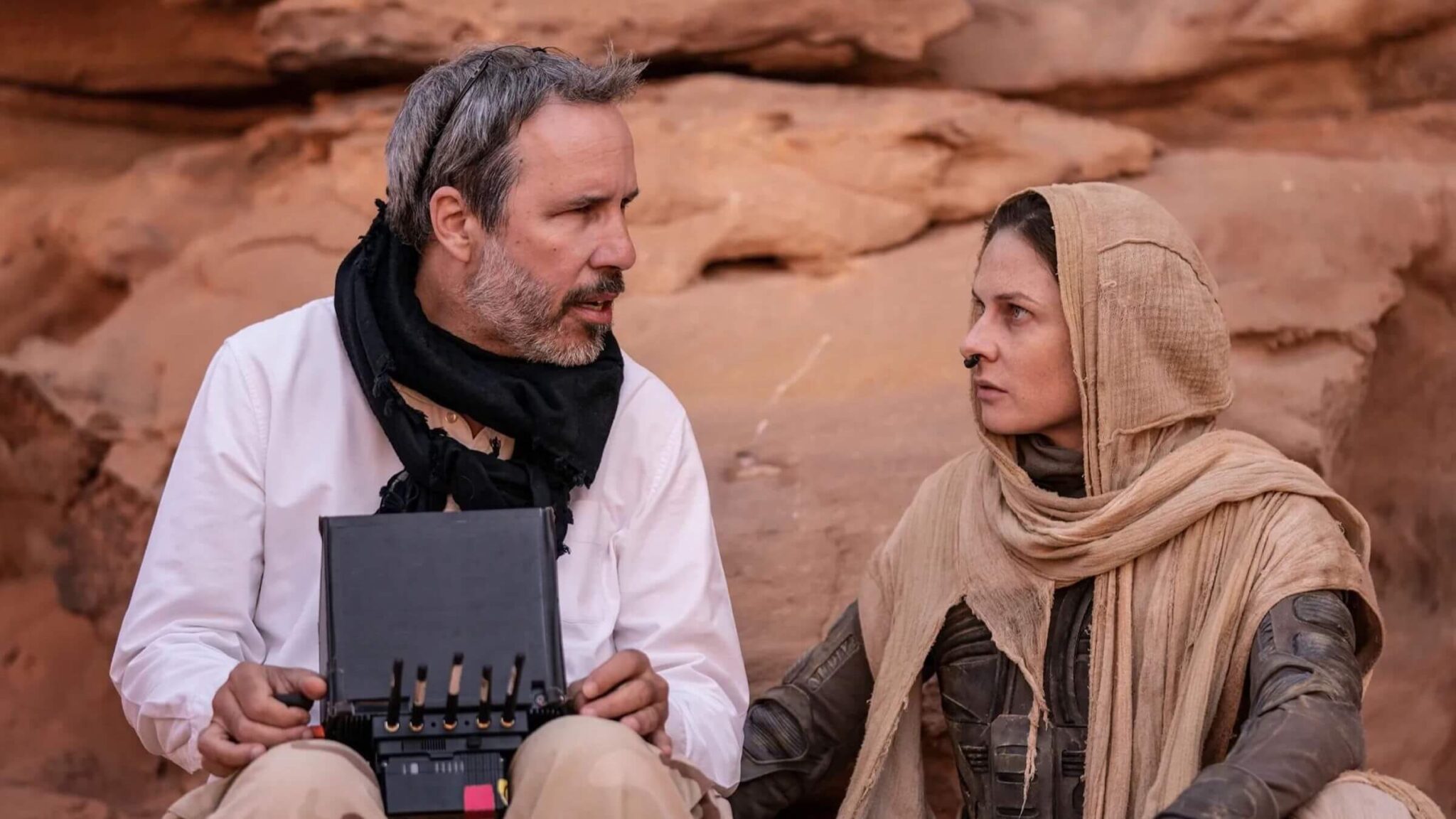What Screenwriting Comfort Zone Are You in as a Screenwriter?

Do you know the three comfort zones that a screenwriter goes through within their screenwriting journey?
Inspired by The Wealth Hike's "The Comfort Zone" Graphic, we discovered that there are three comfort zones that a screenwriter will find themselves in throughout their career.
It's essential for you as a screenwriter to identify where you are within this graphic. You need to be self-aware as a screenwriter. Comparing yourself to an Oscar-winner or seasoned professional with multiple produced features or television writing gigs isn't going to make your journey any more comfortable.
You need to know where you stand so you can make the proper adjustments to move forward through the three comfort zones as you evolve and mature as a screenwriter.
Here we discuss the three comfort zones and how you can maneuver through them with ease.
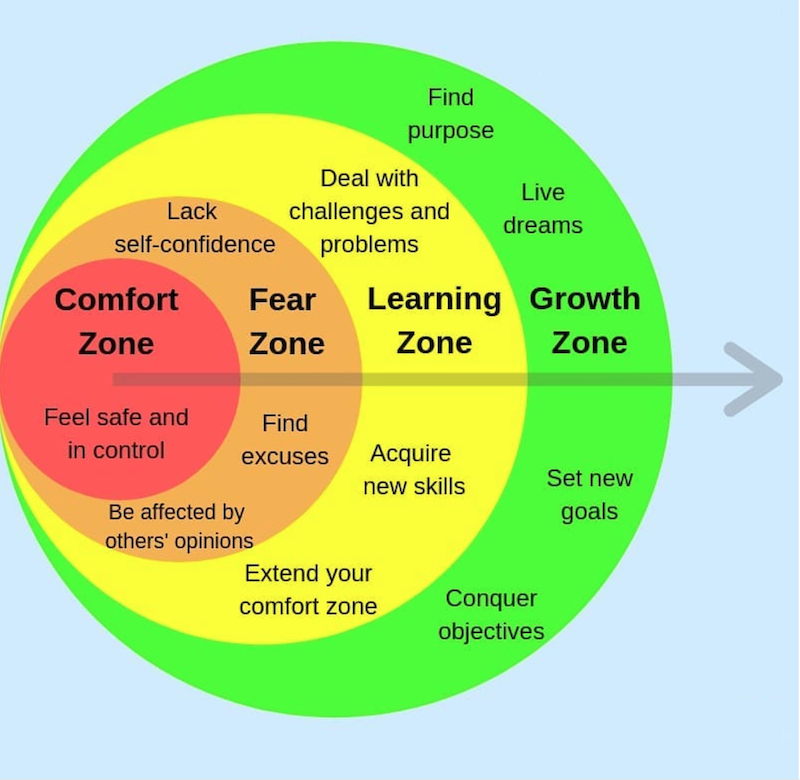
1. Fear Zone
When you first embark on your screenwriting journey, the fear zone is inescapable. You haven't written a screenplay yet and are clearly intimidated by the topics of format, structure, and marketing.
That cursor is blinking on your screen, waiting for you to get to work. But the fear is setting in because there's so much to manage.
You need to adhere to the proper format, which is very important.
Read ScreenCraft's Does Correct Screenplay Format REALLY Matter?
You need to understand cinematic story structure.
Read ScreenCraft's 10 Screenplay Structures That Screenwriters Can Use!
You need to write excellent scene description.
Read The Script Lab's 5 Ways to Write More Effective Scene Description!
You need to write outstanding dialogue.
Read ScreenCraft's The Single Secret of Writing Great Dialogue!
But you have no clue how to do all of that yet. Your self-confidence is lacking. You look for excuses to delay the work. And even when you finish that first or second screenplay, you're strongly affected by the opinion of others when you share it.
It's like you're standing at the edge of a towering rooftop. The fear sets in, but you know you have to jump into this new world.

The good news is that every single screenwriter goes through the fear zone when they first start — even the Oscar-winners and seasoned vets. And there's a positive that you can find within this zone.
Fear injects adrenaline into your system. There's an absolute thrill to it. It's the reason why people jump out of perfectly good airplanes and scale towering mountains with nothing but the strength of their fingers and muscles.
It's why horror movies are one of the top genres in theaters — because there's an adrenaline rush that you often can't get in your day jobs or regular grind of your everyday life.
The key to conquering this zone and moving onto the next is to embrace that fear and use the adrenaline to your advantage.
Get excited about the plane you're about to jump out of or the mountain you are about to scale. Use that adrenaline to push you forward through each writing session. Yes, it's important to know and understand the guidelines and expectations of format and structure, but in this zone, don't feel the need to be a slave to them. Instead, embrace the creative process and just let your story come alive. You'll have plenty of time to adapt and adhere to the technical aspects of the craft.
2. Learning Zone
Once you have that first couple of screenplays under your belt, you slowly begin to transition into the learning zone of your screenwriting journey.
You've made the mistakes that all screenwriters make when they first start out. You've likely learned about those mistakes after you've submitted your work to consultants, peers within your writer's group, screenwriting contests, and maybe even some industry contacts.
Note: We highly recommend that you refrain from marketing your first screenplays to Hollywood because you've just left the fear zone and are entering there learning zone where there is much to learn still. It's worth taking the time to develop your writing so that you can write screenplays that are ready to be read and considered by the Hollywood power players.
As you begin those third and fourth scripts, you're slowly starting to learn new things, acquire new skills, and deal with struggles and problems you had writing that first couple of screenplays.
You are hopefully reading more produced screenplays and exploring the craft to see how you can be better. You're paying more attention to screenwriting interviews with acclaimed writers, and you're likely paying more attention to the current market and how cinematic stories are being told. You're studying the art, craft, and business of screenwriting.

The learning zone is likely where most of you reading this are right now. And it's an exciting time because you have those first two screenplays behind you. And make no mistake, they are your worst screenplays collectively. But now you've learned those necessary lessons. Now you're educating yourself by opening your mind to the perspectives of others that have seen some success and have some inside information and wisdom to share. And you're applying all of that to better your work.
You're writing scripts that are garnering some attention through the contest, competition, and fellowship circuits. You've had a few bites from industry insiders. You're beginning to grow as a screenwriter — gaining that necessary confidence.
3. Growth Zone
The growth zone is perhaps the most exciting because you're starting to see the fruits of your labors. You may have won a contest, competition, or fellowship. You may have garnered some phone calls or meetings with industry insiders. You've begun to stack that screenplay deck with three to five worthy screenplays.
Learn how to train yourself to be ready for screenwriting success with this free guide.
You have confidence. You've managed to nail down your writing process — not basing it on some "secret formula" book or beat sheet, but developing it through all that you learned within your time in that learning zone. You've taken bits and pieces of other writer's processes, based on your self-induced screenwriting education within the learning zone, and molded them to what fits best for you, your strengths, your weaknesses, your struggles, your triumphs, and your own situation.
This is called the growth zone because you've been elevated to a new level with some success and praise. And that success and recognition come to fruition because you conquered the fear zone and embraced the all-too-important learning zone to learn everything you need to know about the business, the writing process, and what you can bring to the table.
As you get representation, get into those meetings, and find yourself in the discussion in regards to writing assignments and acquisitions, you're growing into a professional writer. You're beginning to set new goals and conquer more significant objectives.

It happens faster for some and takes longer for others. All that you can control is setting those goals and conquering those objectives. The fates will decide the rest.
It's important to know where you are as a screenwriter.
If you're only on your first script and you find yourself worrying about why it's not winning any awards or getting any notice, you can look at this graphic and this post and tell yourself, "Hey, I'm actually in the Fear Zone, still. I'm exactly where I need to be right now."
And then when you've written that first couple of scripts and have excised those beginner bad habits, you can tell yourself, "Okay, it's time to get into the Learning Zone and discover and explore some of the good habits that I need to get into."
Then, when you've learned those lessons, honed your skills, and created a writing process that works for you, you'll see your work advance from script to script. You'll begin to see yourself placing high — or even winning — contests, competitions, and fellowships. You'll start to notice that the industry insiders you come across in your marketing are replying to your emails and returning your calls. You're now beginning to grow into a screenwriter that's ready for the show.
Ken Miyamoto has worked in the film industry for nearly two decades, most notably as a studio liaison for Sony Studios and then as a script reader and story analyst for Sony Pictures.
He has many studio meetings under his belt as a produced screenwriter, meeting with the likes of Sony, Dreamworks, Universal, Disney, Warner Brothers, as well as many production and management companies. He has had a previous development deal with Lionsgate, as well as multiple writing assignments, including the produced miniseries Blackout, starring Anne Heche, Sean Patrick Flanery, Billy Zane, James Brolin, Haylie Duff, Brian Bloom, Eric La Salle, and Bruce Boxleitner. Follow Ken on Twitter @KenMovies
For all the latest ScreenCraft news and updates, follow us on Twitter, Facebook, and Instagram.
Tags
Get Our Screenwriting Newsletter!
Get weekly writing inspiration delivered to your inbox - including industry news, popular articles, and more!













